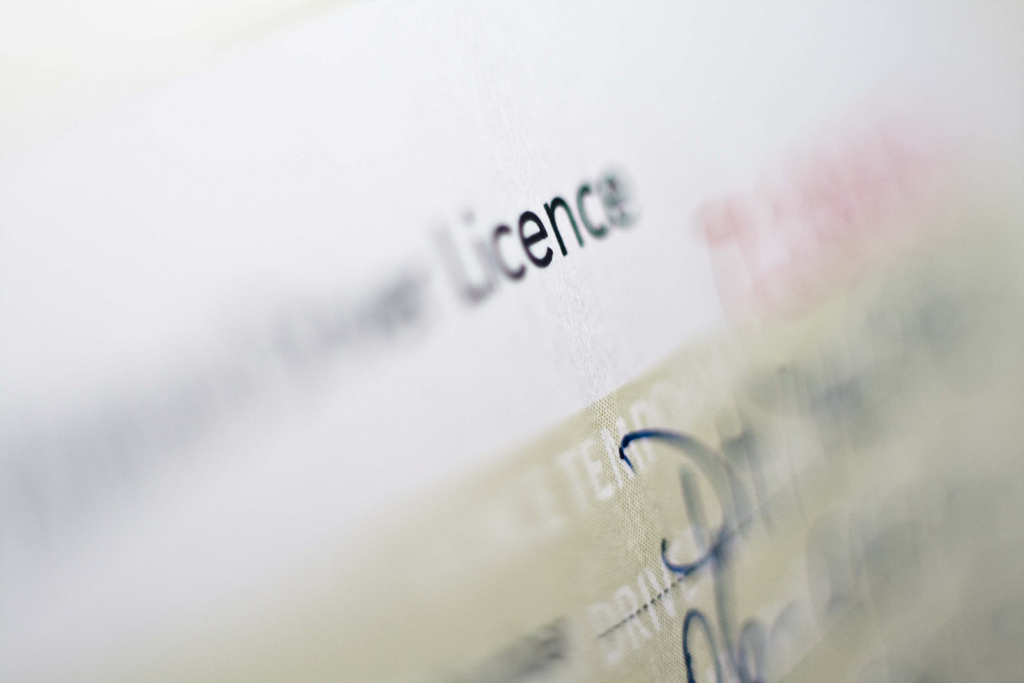The United States Federal Government has considered the concept of a national identification program for several years and the interest has only increased since the September 11, 2001 terrorist attacks. The current system, with information of varying quality collected, stored, and utilized by the individual states, is inefficient at best and a significant hindrance at worst. In 2005, the U.S. Department of Homeland Security (DHS) proposed standardizing the system of information-collecting within the states. This proposal, known as REAL ID, has polarized the country and caused a rift between the federal government and the states.
The United States Congress passed the REAL ID Act of 2005 in response to Homeland Security’s proposal. According to the National Conference of State Legislatures, this piece of legislation repealed a prior law establishing a cooperative effort between the federal government and state governments and mandated certain requirements for state-issued identification cards. The new standards required driver’s licenses to contain at a minimum such information as a person’s full legal name, date of birth, legal address, among other characteristics.
Currently, states already adhere to most of these standards, but an additional requirement that state identification cards receive federal certification is also included in the Real ID Act. In the bill is language that prohibits a non-certified identification card from being used for any purpose that deals with the federal government, such as obtaining entry to federal government buildings or obtaining a passport. REAL ID also mandates that states must create a central database for such information as listed above, and that those databases must be accessible to other states, essentially creating a national registry. It does not, however, directly provide funding for this purpose to reimburse states for the costs of creating the database, nor does it give the states much of a say in implementing changes. In addition, the program would take the form of an unfunded mandate, a device used by Congress to force a state to implement their will without providing funding to do so.
A major complication in these efforts has been the reluctance of states to implement the reforms. In 2007, Maine passed a state bill refusing to implement any provision of REAL ID. This demural was based on both financial and legal grounds. In the bill it was noted that the cost of implementation would be upwards of $185 million, a price that taxpayers would be hard-pressed to afford. In addition, the government of Maine believed that it would constitute an invasion of privacy as well as incite an increase in identity theft while providing no discernable benefits.
Following Maine’s lead were the states of Montana, South Carolina, and New Hampshire. Montana, in particular, passed legislation outright rejecting the Act, saying the following in the bill:
“The legislature finds that the enactment into law by the U.S. congress of the REAL ID Act of 2005, as part of Public Law 109-13, is inimical to the security and well-being of the people of Montana, will cause unneeded expense and inconvenience to those people, and was adopted by the U.S. congress in violation of the principles of federalism contained in the 10th amendment to the U.S. constitution.”
Since then, 33 out of 50 states have either introduced or passed some sort of legislation denouncing the REAL ID program, although most have also filed for extensions regarding implementation in the hopes that a compromise can be reached. There are some states, however, that have embraced REAL ID, including California and New Jersey. Denise Blair, Assistant Deputy Director for the California Department of Motor Vehicles, said in a statement to Wired Magazine that it could allow their DMV to offer more online services beyond their current capability. Representatives for the New Jersey state government gave a similar reasoning when questioned.
Privacy advocacy groups have also waded into the fray over the REAL ID protocols. These groups, such as the Electronic Frontier Foundation (EFF) and American Civil Liberties Union (ACLU), cite privacy concerns in greater detail than the states, which emphasize the economic issues involved in implementation. For example, the EFF states on its website that the presence of “common machine-readable technology” (e.g. barcodes, RFID technology) makes it easy for the federal government to read the information on it. The problem with this is that if it is easy for the government, it is just as easy for people looking to commit the crime of identity theft. The ACLU, in turn, fears that the communal database mandated by the REAL ID Act will expand to include information unrelated to national security. The Department of Homeland Security is on record as saying REAL ID could be mandatory for purchasing certain types of medication, such as that containing pseudoephedrine, a key ingredient in cold medicines and methamphetamine. Expansion of the database could also mean weaker security overall, as more data collection points mean more points of failure to keep track of.
The DHS, for its part, has stated that REAL ID will in fact be more secure than the current system. The new identification cards would ostensibly contain security features to make it more difficult to counterfeit and make false documentation. Because criminals actively seek out these forged materials, the chance of making it harder to attain such credentials is worth the price. The problem with this, as stated by the ACLU and other organizations, it does not prevent legitimate identification from simply being purchased from corrupt public officials. DHS also has gone on record as saying that it will improve privacy rather than undermine it by making the government responsible for safeguarding personal information, as well as provide a central repository for everything from driving records to medical information. Unfortunately for DHS, private organizations and the states have soundly rejected this argument.
There is some hope for a reworking of the REAL ID concept, however. In 2009, congressional lawmakers put forth an idea for a document known as PASS ID. PASS ID would keep several major tenets of REAL ID while scaling back some of the more controversial aspects of the previous program. The ideas that would be kept would be the information requirements as well as the machine-readable features, but the creation of a national information database would be dropped under the proposed system. Unfortunately, critics on both sides of the debate have panned this new idea, with opinions ranging from it not being strong enough to having many of the same privacy and economic concerns of REAL ID.
The idea of a national ID system such as REAL ID or PASS ID is well intentioned, but currently a losing proposition. Because many states have passed legislation against such a program, the chance that one will come to fruition is very slim at best. Until the federal government shows that it is willing to compromise with the states on matters such as privacy and economic support, the REAL ID program and its subsequent evolutions will fail every time.
___________________________
American Civil Liberties Union. Anti-Real ID Legislation in the States. http://www.realnightmare.org/news/105/ (accessed February 17, 2010).
C-SPAN. C-SPAN Congressional Glossary. http://www.c-span.org/guide/congress/glossary/unfunded.htm (accessed February 17, 2010).
Department of Homeland Security. Benefits of More Secure State-Issued Documents. July 24, 2009. http://www.dhs.gov/files/programs/gc_1213216377074.shtm (accessed February 20, 2010).
Electronic Frontier Foundation. Real ID: Threatening Your Privacy Through an Unfunded Government Mandate. February 20, 2010. http://www.eff.org/issues/real-id (accessed February 20, 2010).
Hsu, Spencer S. Administration Plans to Scale Back Real ID Law. June 14, 2009. http://www.washingtonpost.com/wp-dyn/content/article/2009/06/13/AR2009061302036.html?sid=ST2009072002461 (accessed February 20, 2010).
National Conference of State Legislatures. REAL ID Act of 2005 Driver’s License Title Summary. http://www.ncsl.org/IssuesResearch/Transportation/RealIDActof2005Summary/tabid/13579/Default.aspx (accessed February 17, 2010).
Singel, Ryan. DHS Suggests a REAL ID Could be Necessary for Medicine. January 16, 2008. http://www.wired.com/threatlevel/2008/01/dhs-suggests-a/ (accessed February 20, 2010).
—. Maine Says Will Opt-Out of De Facto National I.D. Law. January 25, 2007. http://www.wired.com/threatlevel/2007/01/maine_says_will/ (accessed February 17, 2010).
—. Montana Rejects Real ID Mandate, Joins Rebel Forces. April 17, 2007. http://www.wired.com/threatlevel/2007/04/montana_rejects/ (accessed February 17, 2010).
—. Some States Welcome National ID. February 9, 2007. http://www.wired.com/science/discoveries/news/2007/02/72683 (accessed February 20, 2010).


